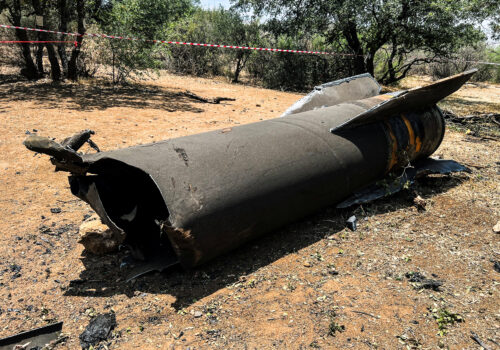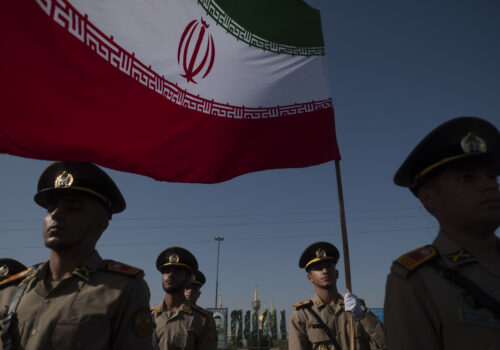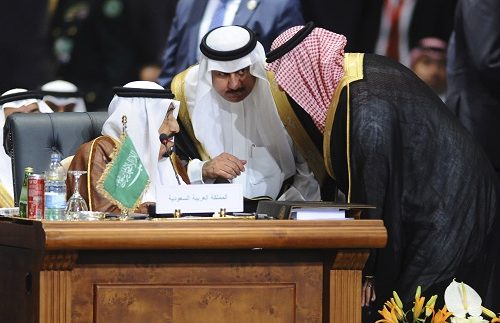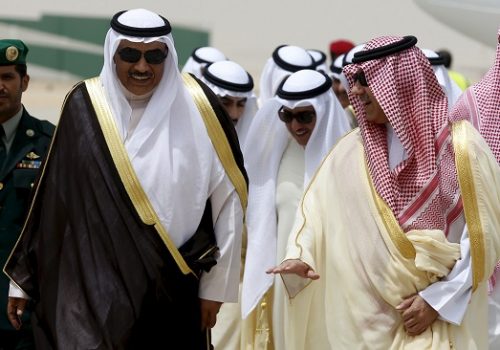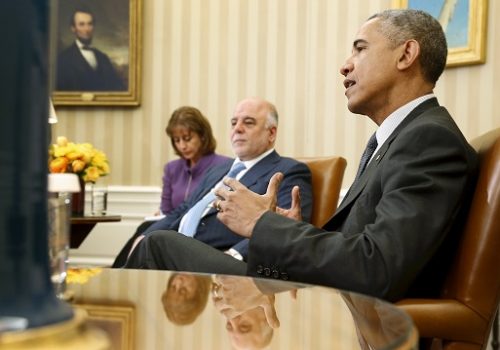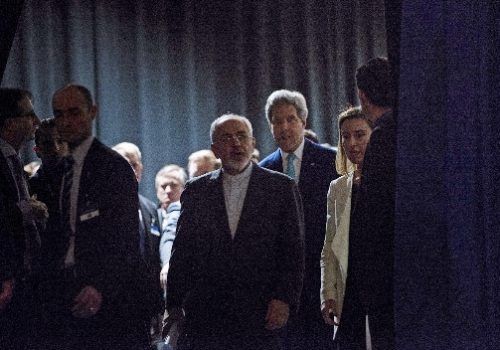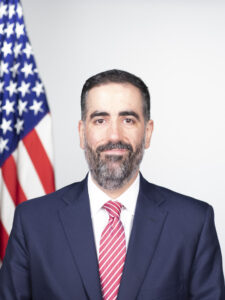Featured commentary and analysis
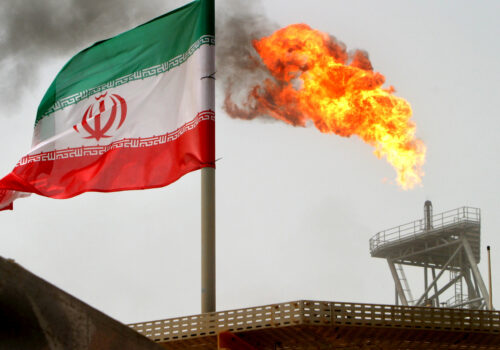
New Atlanticist
Jul 1, 2025
The US must enforce sanctions to prevent Iran from rebuilding its nuclear program
By
Kimberly Donovan
To ensure that Tehran cannot get its hands on the financial resources it would need to rebuild its nuclear program, Iran sanctions enforcement should start with China.
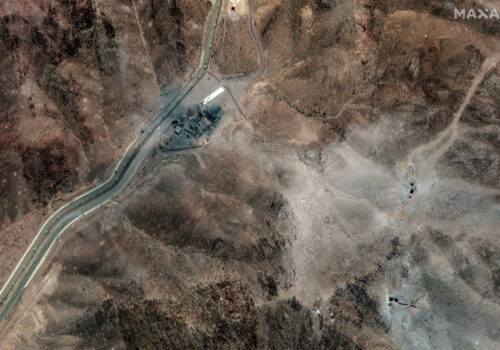
New Atlanticist
Jun 26, 2025
What really happened to Fordow? Three possible futures for Iran’s nuclear program after US strikes.
By
Amir Asmar
The condition of Fordow will have a direct impact on the likelihood of Iran giving up its nuclear program versus resuming its pursuit of nuclear weapons.
In-depth research & reports
Programs

Middle East Programs
Working with allies and partners in Europe and the wider Middle East to protect US interests, build peace and security, and unlock the human potential of the region.
